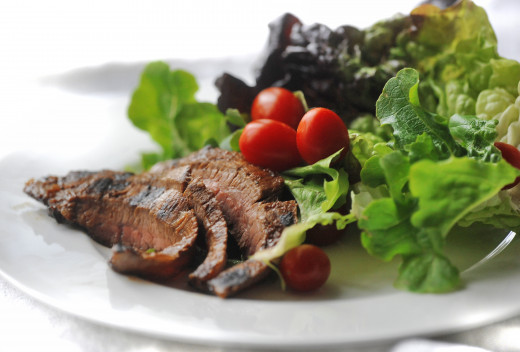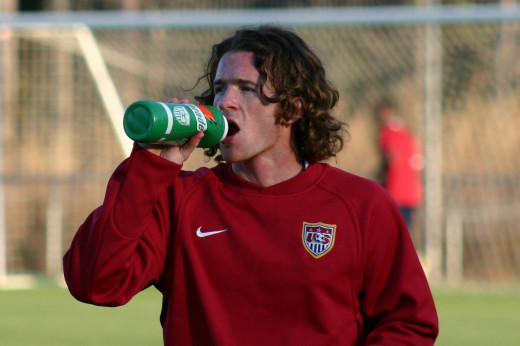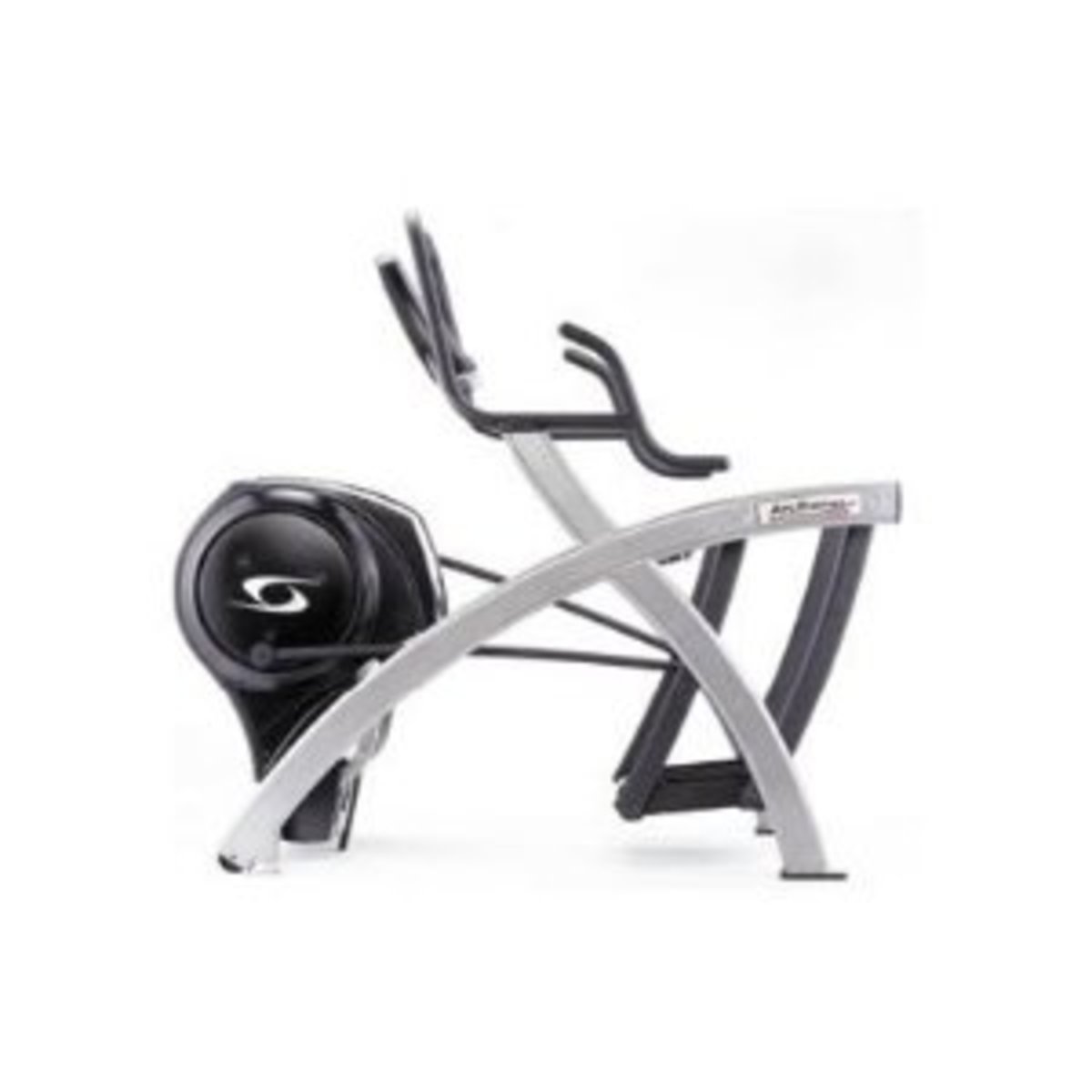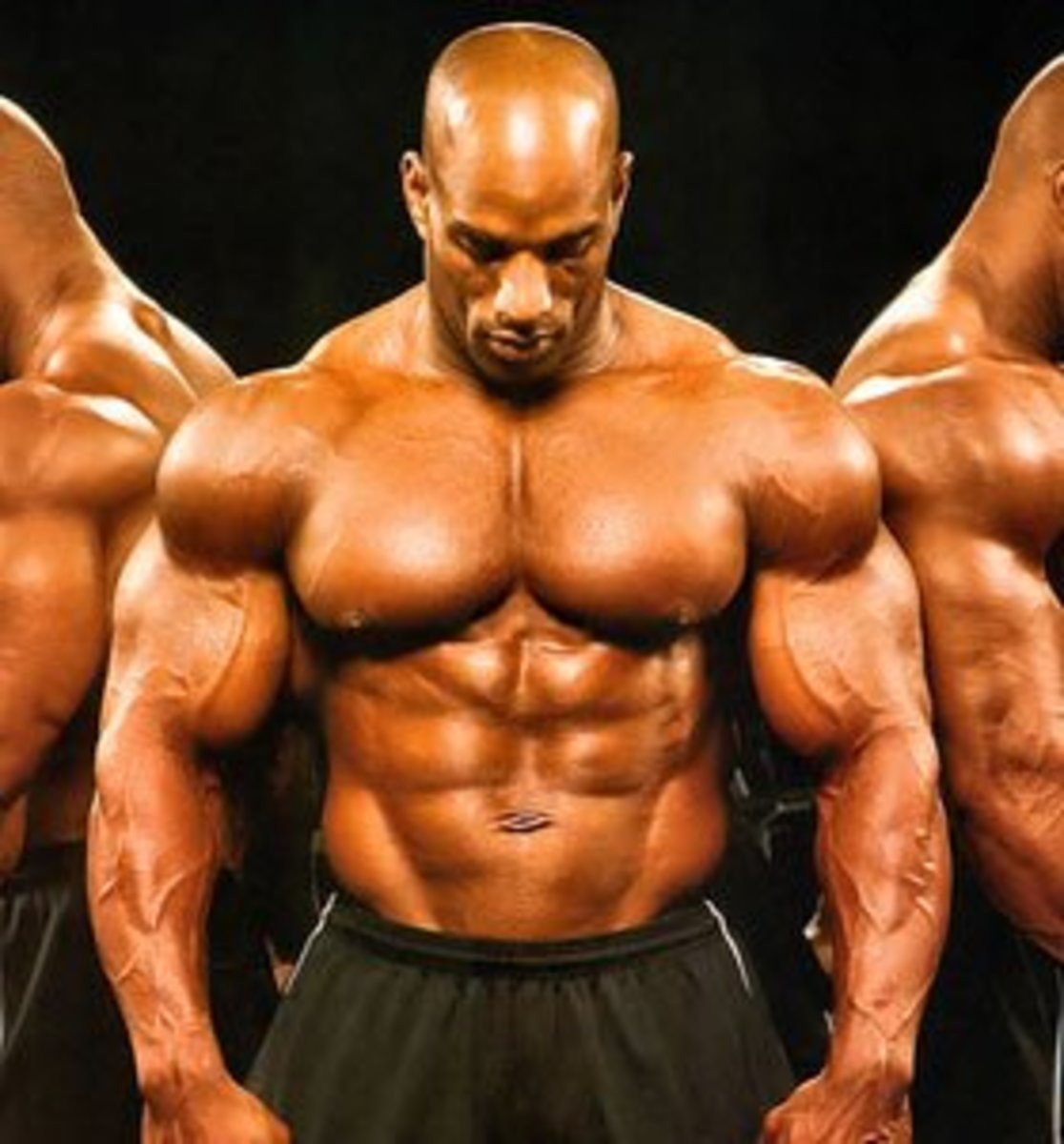Healthy Muscle Building and Recovery

Magazine ads and TV commercials abound that imply that your muscles will not heal properly after a workout unless you take a specific product. It is true, of course, that certain supplements may be beneficial in some cases. However, you can also develop several healthy habits that will strongly contribute to naturally healing and growing your muscles that have nothing to do with taking supplements.
Many of the principles for healthy building muscle apply to general good health as well. The difference is that individuals who wish to build muscle naturally must be even more careful to take care of their overall health. A few simple habits you can follow at home can help you grow stronger and effectively build muscle.
Diet
Eating a healthy, balanced diet is especially important for individuals who work out extensively to try to build muscle. Although certain nutrients, like protein, are fairly well known for their role in muscle building, it is important to ensure that your diet is not deficient in any other major nutrients. Even nutrients that may not have a particularly direct role in muscle building are important for the maintenance of your overall health; if you are deficient in them, every part of your body, including your ability to exercise and build muscle, will suffer.
Too many beginning exercisers focus solely on eating lots of protein; instead, you should ensure that your diet is not deficient in a complex carbohydrates, healthy fats, vitamins and minerals, as well as protein. As much of these nutrients as possible should come from natural, unprocessed foods.

Hydration
Staying well hydrated contributes to the proper function of many different body systems, including your skin, digestion and joints. Drinking enough water also is one of the easiest things you can do at home to contribute to building muscle. Your muscles need water to function during a workout, as well as to heal and rebuild afterwards, according to Bodybuilding.com. Ideally, you should drink enough water to replace what you lose during the day; 8 to 12 cups is a standard recommendation, but active individuals may need more.

Sleep
Much like nutrition and hydration, sufficient sleep is important for anyone's health, but especially for those who are extremely physically active. After a workout, your muscles heal better, and therefore grow, while you are asleep. Most people need between 6 and 12 hours of sleep per night, but the exact requirement varies from person to person. Ideally, you should try to get enough sleep so that you wake up naturally without an alarm and do not feel drowsy the following day.
How much sleep do you get per night?
Final Considerations
Although a healthy diet should provide all the nutrients you need, it sometimes can be difficult to find the time to prepare nutritious meals. When you are under time constraints, try preparing a homemade shake to enjoy after your workout instead of settling for fast food. For example, mix a scoop of Greek yogurt or natural whey protein powder, a quarter cup of whole oats, a banana and a handful of frozen berries with water in a blender. If you wish to increase your calorie intake, substitute skim milk for the water. Limited time should never keep you from the nutrition you need!








